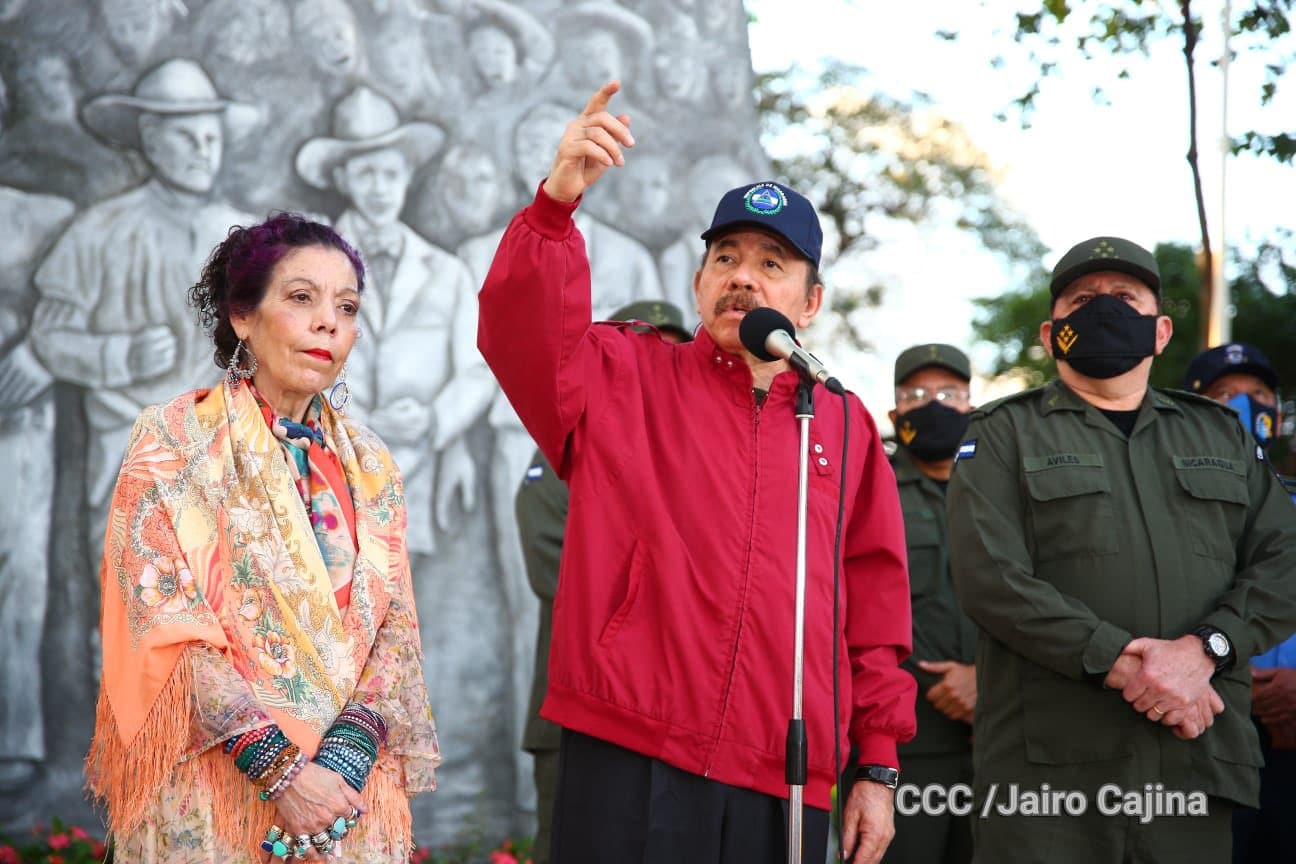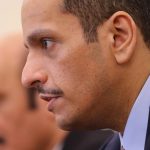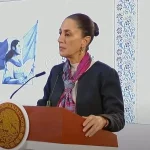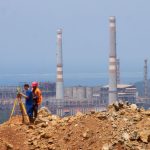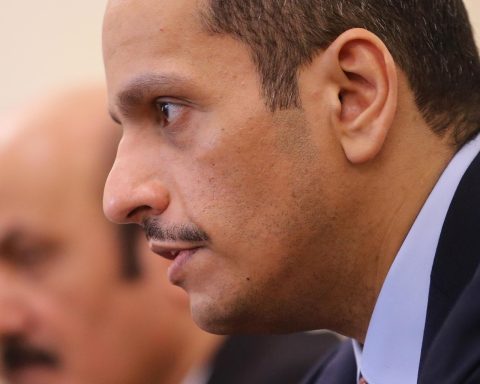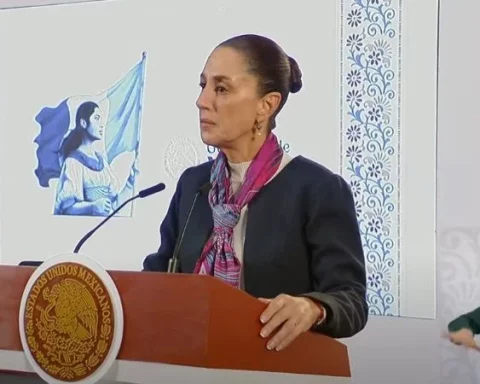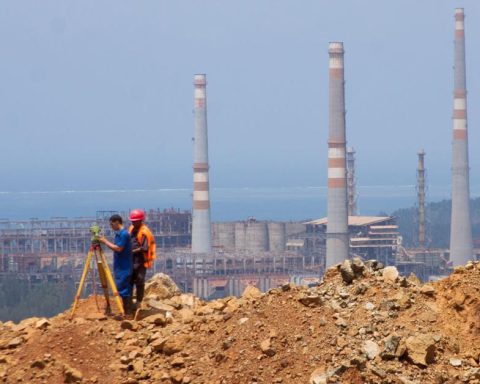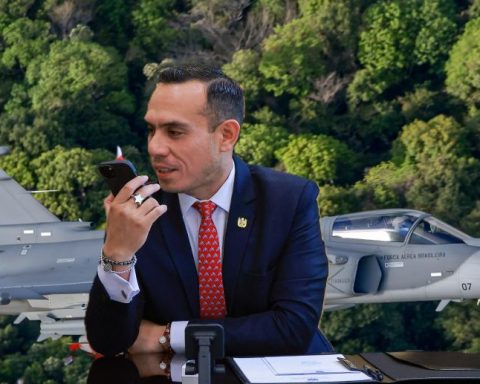Nicaragua has stood out for its rising authoritarianism for years in international analyses, but the March report of the Intelligence Unit of the prestigious magazine The Economist (EIU) indicates that the country descended until it was consummated. a dictatorship in the voting last November.
According to the EIU, since the 2018 protests, “the regime has only redoubled its efforts to forcibly quell anti-government sentiment. Nicaragua’s descent into a dictatorship was consummated in the November elections, when any real opposition to the FSLN was banned,” the report states.
These irregular votes, with the Electoral Power under the control of the ruling party and with the main opposition leadership imprisoned, led to the re-election for a fourth consecutive term of Daniel Ortega, in power since 2007, and to the second term with Rosario Murillo, his wife, as vice president, suggesting to the magazine that “a family line of succession has been established”.
At the end of May of last year, six months before the voting, the Nicaraguan regime began a repressive escalation that put seven presidential candidates in jailsix of them already convicted in political trials, in which the last presidential candidate to be punished is Christiana Chamorro Barrioswhom the State accuses for the alleged crime of money laundering in the case of the Violeta Barrios de Chamorro Foundation (FVBCh).
“Although systematic repression allowed for uninterrupted control of the electoral process, the Sandinista regime has paid the price of victory in the form of strong international condemnation, a new series of diplomatic and financial sanctions from the US, and an imminent threat of suspension of the Organization of American States (OAS)”, says the report.
Although they consider that international pressures may increase, they estimate that the United States will not choose to remove Nicaragua from the trade agreement of the North American power with Central America and the Dominican Republic (DR-CAFTA), because it would impose severe economic consequences on citizens in general.
The concentration of power of the FSLN
The document cites the concentration of power of the FSLN, which has a legislative majority with 75 of the 91 legislators, and adds that the current political trials are attracting the attention of the national and international community, which makes it possible for Ortega to seek to use them as “currency”. of exchange” in possible negotiations.
For the EIU, Nicaragua continues to have one of the worst performances in its Democracy Indexranking 140th out of 167 countries surveyed, accumulating a drop of 62 places since 2008, a year after Ortega returned to power after 16 years in the opposition.
The Intelligence Unit adds that the severe crisis of 2018 pushed Nicaragua to move from a category they called a hybrid regime to another: “authoritarian regime,” in which it shared a place with Cuba, Venezuela and Haiti. “Nicaragua continues to be the Central American country with the lowest ranking,” they added.
Nicaragua has obtained extremely low scores in processes of pluralism and government functioning as a result of the progressive consolidation of power by the Ortega family, carried out through constitutional reforms with which they have guaranteed indefinite reelection, but also through other legal ones they have achieved a stronger control of law enforcement.
EIU maintains that the situation in Nicaragua has gone from bad to worse and recalled the approval of repressive laws, used by the regime to imprison opponents such as the Sovereignty Law and other measures to harass opponents, journalists and members of civil society . Along with that, it prohibited the participation in the voting of pre-candidates and critical parties, while allowing parties considered satellites of their interests to apply.
“These movements finally paved the way for Ortega to maintain his absolute control over Nicaragua’s institutions,” they reaffirmed.
The alignment with China and Russia
In the same sense, before the international isolation in which the Nicaraguan regime finds itself submerged, is that Nicaragua recognizes the People’s Republic of China, abandoning Taiwan. The main objective would be to attract financing and investments from the new partner, but there is also a political interest in sending a message to the United States that they will not succumb to pressure from that country by guaranteeing alternative financial assistance, according to the EIU.
“The extent to which the regime can leverage Chinese support for political gain will depend on the volume of financial assistance China is willing to provide, the response of domestic businessmen, and how the United States reacts to Nicaragua’s changing international alignment. ”, they warn.
China’s response, in the EIU forecasts, will mean enough cooperation to make up for the shortcomings left by other multilateral and bilateral sources, given that the amount seems small from the Asian giant’s perspective and is “probably a cost that Chinese officials are willing to bear.” cover to gain a strategic ally in the US backyard.”
In the case of rapprochement with Russia, the prestigious magazine places Nicaragua in a small group of countries allied with Russian autocrat Vladimir Putin. The others are Cuba and Venezuela.
“There is great uncertainty surrounding Russia’s future defense priorities, but we assume that authoritarian allies in the region are likely to maintain (and likely deepen) their defense ties after the Ukraine crisis, to continuously engage (and probably increase) spending on defense, joint military training, and intelligence gathering.
The crisis unleashed after Russia’s invasion of Ukraine, according to this analysis, will have important geopolitical implications for Latin America, because it is highlighting the Kremlin’s relations in the region, which has strengthened commercial ties with Latin American countries. from the South such as Argentina and Brazil.
Meanwhile, the relationship with Nicaragua, Cuba and Venezuela gives Russia a platform in the region from which to demonstrate its power to intervene in a geographic zone that the United States has considered its sphere of influence. It is precisely in these nations that the US-Russian conflict is likely to unfold in the short and long term.
The support of countries like Nicaragua, on the other hand, is important for Russia, given the loss of influence it had at the end of the cold war.
The Intelligence Unit says that part of this alliance has meant that the Russians sent two nuclear-capable long-range bombers to Venezuela in 2018 when there were discussions about a possible change in Chavismo, while two Russian warships were received in Nicaragua in 2013 , but there is also a training center and a satellite tracking center in Managua.
